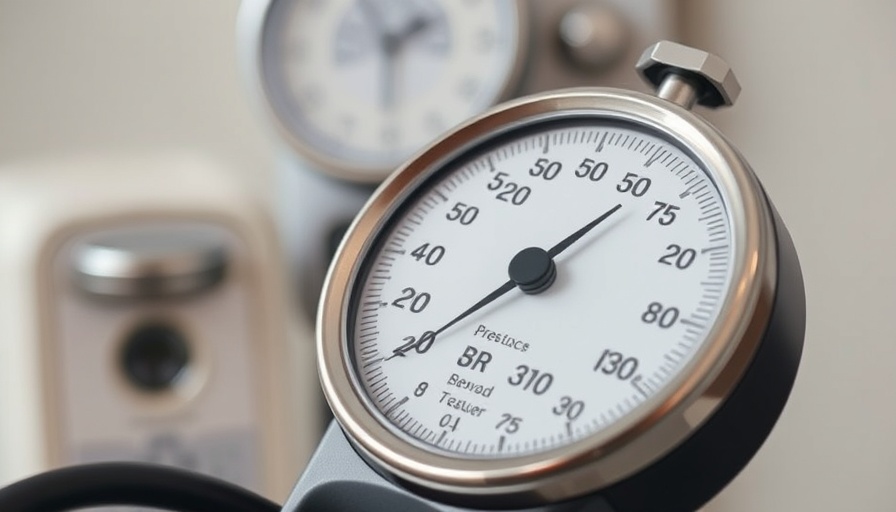
Understanding Korotkoff Sounds and Blood Pressure Measurement
As healthcare professionals, particularly nurses and nursing students, mastering the techniques of blood pressure measurement is essential. In the video Blood Pressure Korotkoff Sounds Practice: What is this Patient's Blood Pressure?, the nuances of auscultation and the Korotkoff sounds are highlighted, key elements in determining a patient's blood pressure effectively.
In Blood Pressure Korotkoff Sounds Practice: What is this Patient's Blood Pressure?, the discussion dives into the importance of blood pressure measurement, particularly focusing on the Korotkoff sounds that are essential for accurate assessment in nursing.
The Importance of Accurate Blood Pressure Readings
Correctly interpreting blood pressure is crucial for patient assessment. High blood pressure, or hypertension, can lead to severe health issues, including heart disease and stroke, especially in regions like Uganda and East Africa, where healthcare resources may be limited. By paying close attention to Korotkoff sounds, which are the sounds made by the blood flow as it passes through the brachial artery, nurses can make informed decisions based on their patients' blood pressure readings.
How to Recognize Korotkoff Sounds
The Korotkoff sounds consist of five phases that correspond to different pressure levels. The first sound indicates the systolic pressure, while the disappearance of the sound marks the diastolic pressure. For novice healthcare providers, familiarizing oneself with these sounds through practice is fundamental, and understanding their significance can enhance patient care.
Practical Tips for Aspiring Nurses
- Practice Regularly: Engage in practice sessions using both manual and automatic sphygmomanometers to build confidence.
- Listen Actively: During training, focus on identifying the Korotkoff sounds prominently. Utilize resources like online video tutorials.
- Collaborate with Peers: Learning best practices from fellow nursing students and experienced healthcare professionals can deepen your understanding and technique.
As our healthcare landscape continues to evolve, the ability to measure blood pressure effectively is a foundational skill for nurses. Every accurate measurement contributes to better patient outcomes, making it vital to stay informed and proficient. Enhancing these skills can also elevate the standards of care in our communities.
 Add Row
Add Row  Add
Add 


Write A Comment